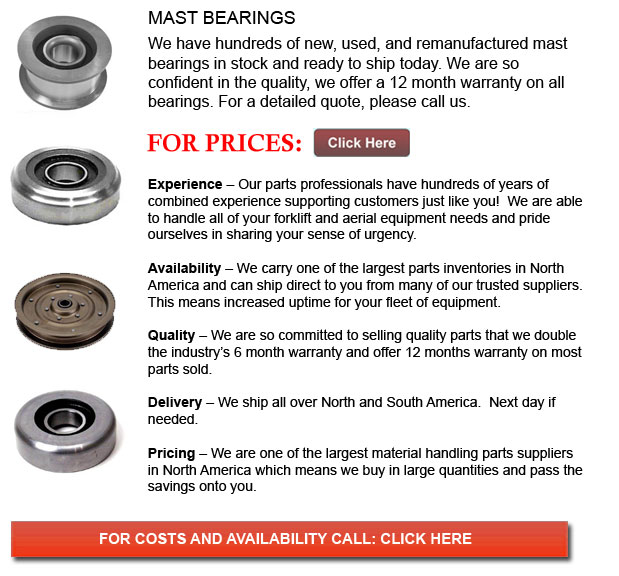
Mast Bearings - A bearing is a gadget which enables constrained relative motion among at least 2 parts, usually in a rotational or linear sequence. They can be commonly defined by the motions they permit, the directions of applied cargo they could take and in accordance to their nature of use.
Plain bearings are normally used in contact with rubbing surfaces, usually with a lubricant like for instance graphite or oil too. Plain bearings could either be considered a discrete gadget or not a discrete tool. A plain bearing may consist of a planar surface which bears another, and in this particular situation would be defined as not a discrete gadget. It may comprise nothing more than the bearing exterior of a hole along with a shaft passing through it. A semi-discrete example will be a layer of bearing metal fused to the substrate, whereas in the form of a separable sleeve, it will be a discrete tool. Maintaining the proper lubrication enables plain bearings to be able to provide acceptable friction and accuracy at the least expense.
There are various bearings which could help improve and cultivate effectiveness, accuracy and reliability. In numerous uses, a more appropriate and exact bearing can better operation speed, service intervals and weight size, therefore lowering the overall costs of operating and buying equipment.
Bearings would vary in shape, application, materials and required lubrication. For example, a rolling-element bearing would make use of spheres or drums between the parts so as to limit friction. Less friction gives tighter tolerances and higher precision as opposed to plain bearings, and less wear extends machine accuracy.
Plain bearings are usually made from different types of metal or plastic, depending on how corrosive or dirty the surroundings is and depending upon the load itself. The type and utilization of lubricants could dramatically affect bearing friction and lifespan. For instance, a bearing could work without whatever lubricant if continuous lubrication is not an alternative in view of the fact that the lubricants can draw dirt which damages the bearings or device. Or a lubricant can enhance bearing friction but in the food processing business, it can require being lubricated by an inferior, yet food-safe lube so as to prevent food contamination and ensure health safety.
Nearly all high-cycle application bearings need cleaning and some lubrication. Every so often, they could need adjustments so as to help minimize the effects of wear. Various bearings may require infrequent upkeep to avoid premature failure, though fluid or magnetic bearings may need little preservation.
A well lubricated and clean bearing will help prolong the life of a bearing, on the other hand, various kinds of uses can make it more hard to maintain constant upkeep. Conveyor rock crusher bearings for example, are routinely exposed to abrasive particles. Regular cleaning is of little use in view of the fact that the cleaning operation is expensive and the bearing becomes dirty once again once the conveyor continues operation.
![]() Click to Download the pdf
Click to Download the pdf
Forklift Parts
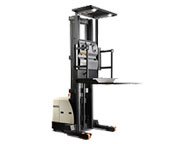
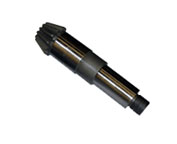
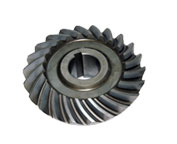
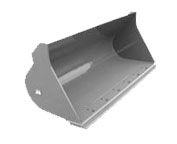
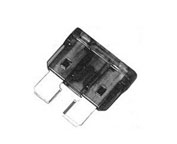
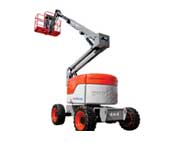
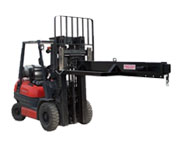
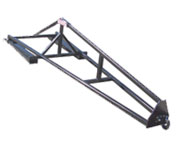
Lift Parts Express
TOLL FREE: 1-888-695-7994
Savannah, Georgia
forkliftpartssavannah.com
Email Us
About Us


